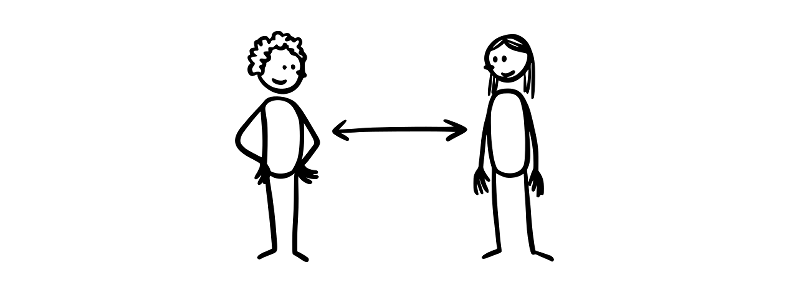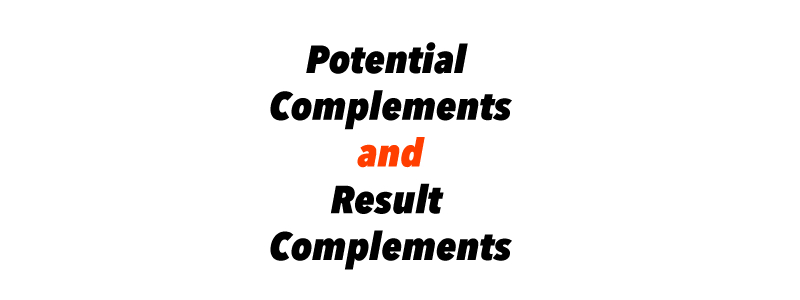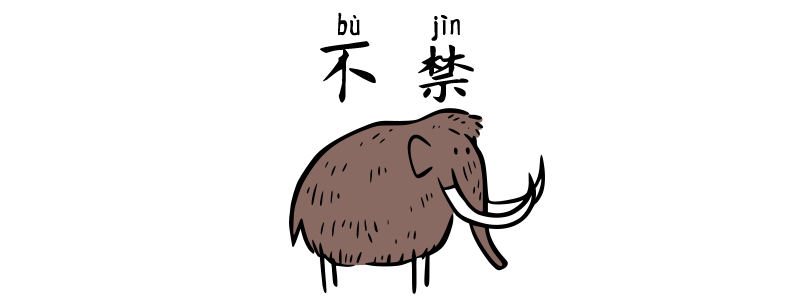Grammar Point:比起來来 bǐqǐlái is used to introduce a comparison between two or more things. It usually appears at the beginning of a clause, often followed by a subject and a comment. Structure (A) 跟 gēn B 比起來来 bǐqǐlái… The preposition 跟 gēn in this pattern can be replaced with 和 hànhé. In the second part of the sentence, you need…
Author: tiffany
B2 L7 Vocabulary and Practice
There’s a small menu in the bottom right corner where you can choose how you want to review. Options include:
B2 L6 Vocabulary and Practice
There’s a small menu in the bottom right corner where you can choose how you want to review. Options include:
Degree Complements – 得很, 極了, 得不得了
What is a Degree Complement? A degree complement tells how strong or to what extent something is. It answers questions like: “How hot?” “How happy?” “How busy?” In Chinese, degree complements usually come after adjectives or stative verbs (verbs that describe a state, like 忙 máng busy, 累 lèi tired, or 喜歡欢 xǐhuān like). 得很 de hěn — very / quite Used to show a normal or medium level of something….
Chinese Recipe – Salty Crispy Chicken
鹹酥雞咸酥鸡 Salty Crispy Chicken 鹹酥雞咸酥鸡 xiánsū jī typically operate from evening until late at night. They’re a favorite for Taiwanese people after work, after movies, or during gatherings with friends. Those few minutes standing by the stand waiting, smelling the aroma. You can’t help but feel happy. Ingredients (2 people) 雞胸jīxiōng肉ròu丁dīng鸡胸jīxiōng肉ròu丁dīng 350g350g chicken breast, diced…
Chinese Complement – 到 dào
The complement 到 dào indicates that an action has successfully reached its goal or result. In other words, the action was completed effectively. You can think of 到 dào as meaning to reach / to achieve in English. 到 dào 我wǒ昨天zuótiān終於zhōngyú找zhǎo到dào了le那nà家jiā很hěn有名yǒumíng的de甜點tiándiǎn店diàn了le我wǒ昨天zuótiān终于zhōngyú找zhǎo到dào了le那nà家jiā很hěn有名yǒumíng的de甜点tiándiǎn店diàn了leI finally found that famous dessert shop yesterday. 我wǒ早上zǎoshàng七qī點diǎn就jiù看到kàndào他tā在zài公園gōngyuán跑步pǎobù我wǒ早上zǎoshang七qī点diǎn就jiù看到kàndào他tā在zài公园gōngyuán跑步pǎobùI saw him jogging in the park at 7 a.m. 我wǒ跑pǎo了le半bàn個ge小時xiǎoshí, 才cái找zhǎo到dào那nà隻zhī狗gǒu我wǒ跑pǎo了le半bàn个ge小时xiǎoshí, 才cái找zhǎo到dào那nà只zhī狗gǒuI ran…
B2 L5 Vocabulary and Practice
There’s a small menu in the bottom right corner where you can choose how you want to review. Options include:
Can not help – 不禁 bùjīn
Grammar Point:不禁 bùjīn means “can’t help (doing something)” or “can’t refrain from”. It’s used when someone feels an emotion or does something involuntarily. Structure S + 不禁 bùjīn + Verb / Emotional reaction 不禁 bùjīn is more commonly used in formal or written Chinese, while in everyday spoken Chinese people usually say 忍不住 rěn bù zhù. 看kàn著zhe畢業bìyè典禮diǎnlǐ上shàng的de同學tóngxué們men, 我wǒ不禁bùjīn紅hóng了le眼眶yǎnkuāng看kàn着zhe毕业bìyè典礼diǎnlǐ上shang的de同学tóngxué们men, 我wǒ不禁bùjīn红hóng了le眼眶yǎnkuàngWatching my classmates…
B2 L4 Vocabulary and Practice
There’s a small menu in the bottom right corner where you can choose how you want to review. Options include:
B2 L3 Vocabulary and Practice
There’s a small menu in the bottom right corner where you can choose how you want to review. Options include:





